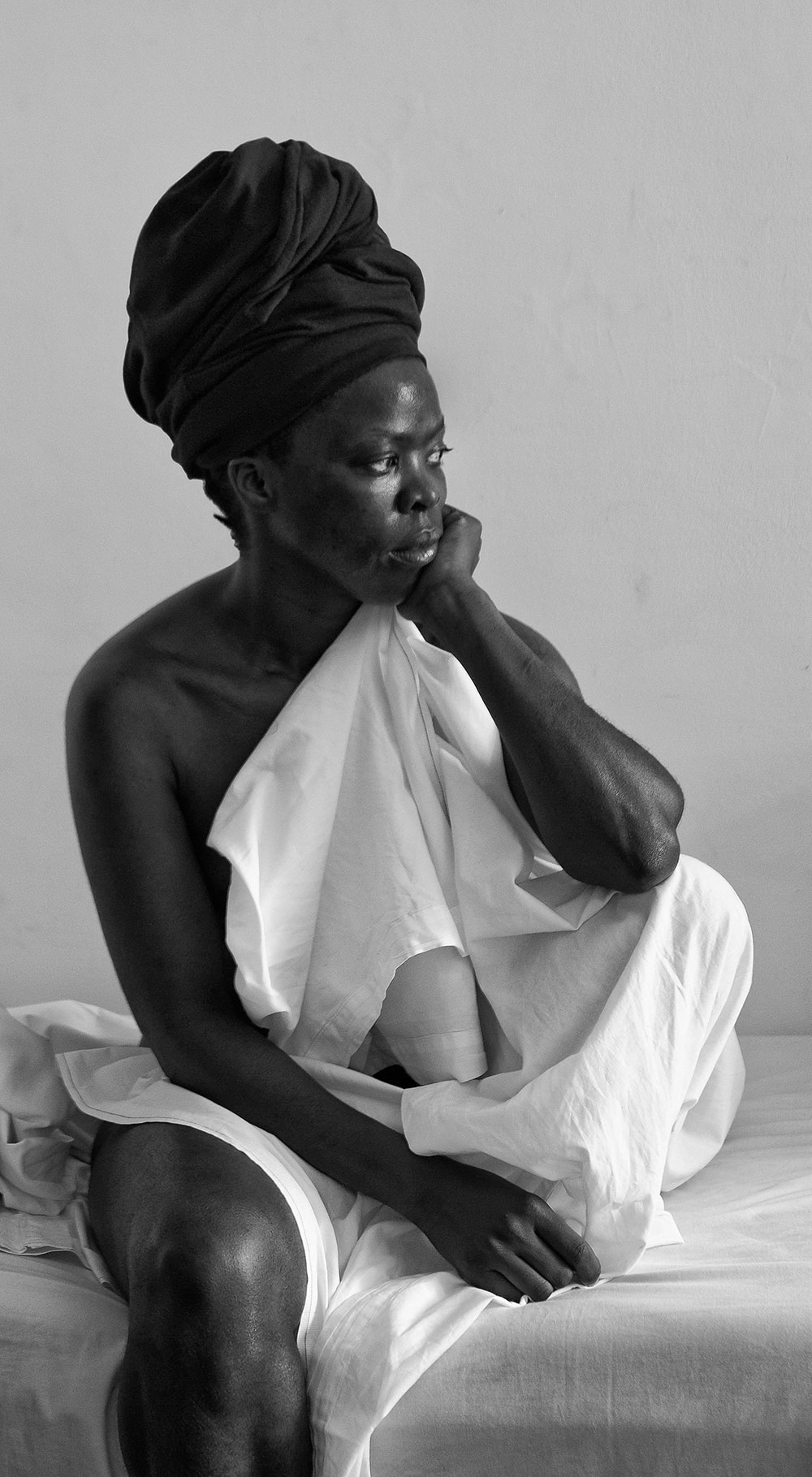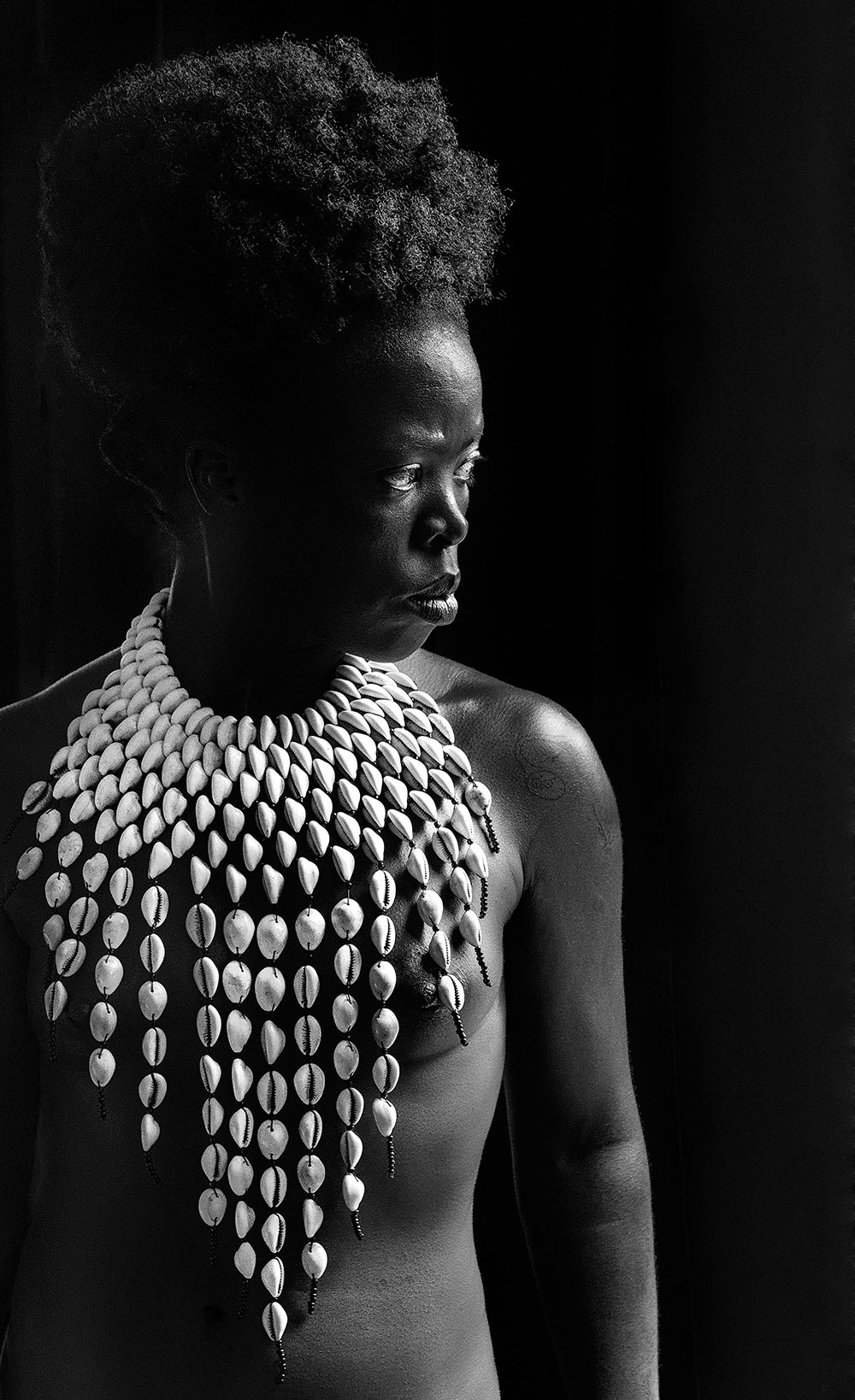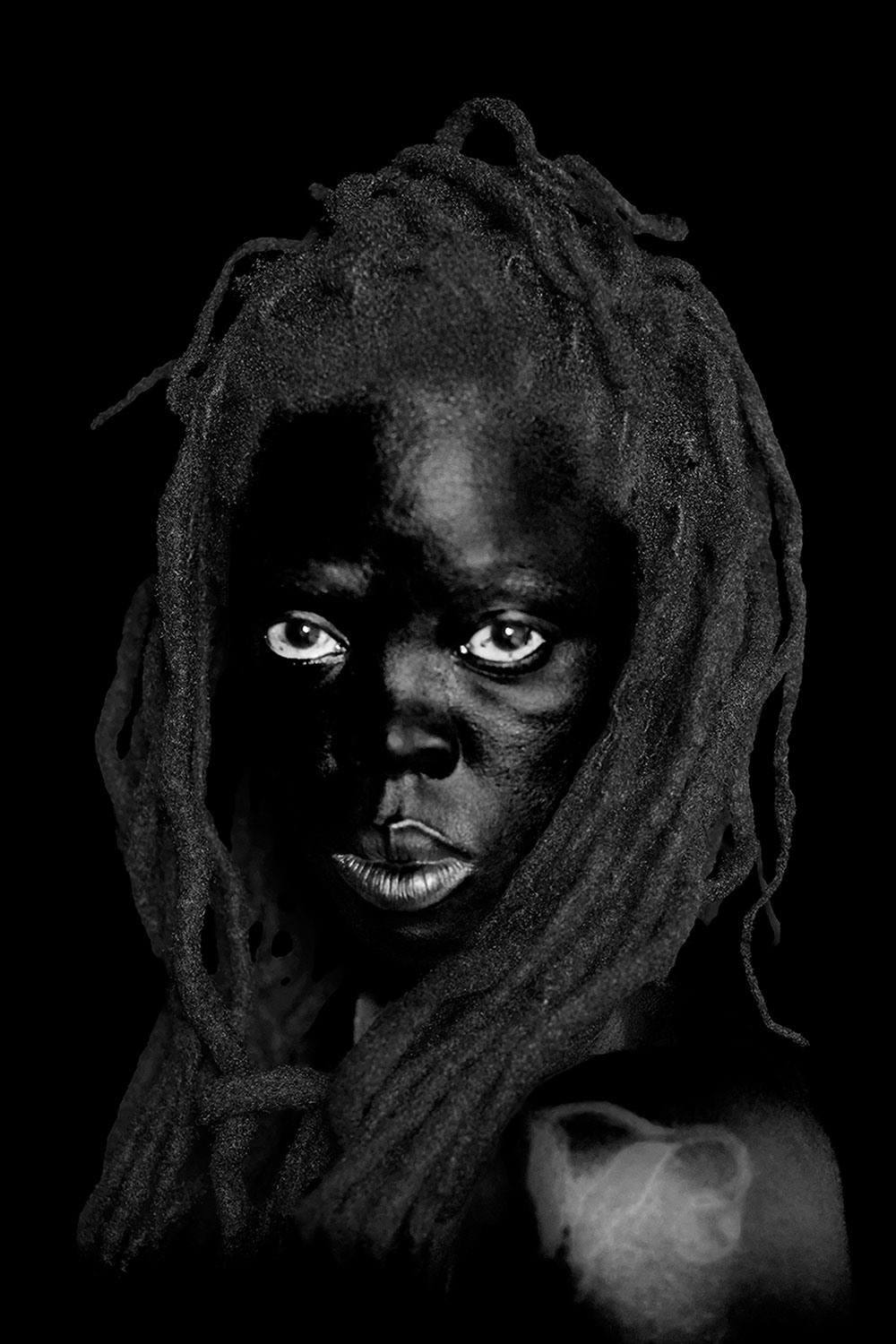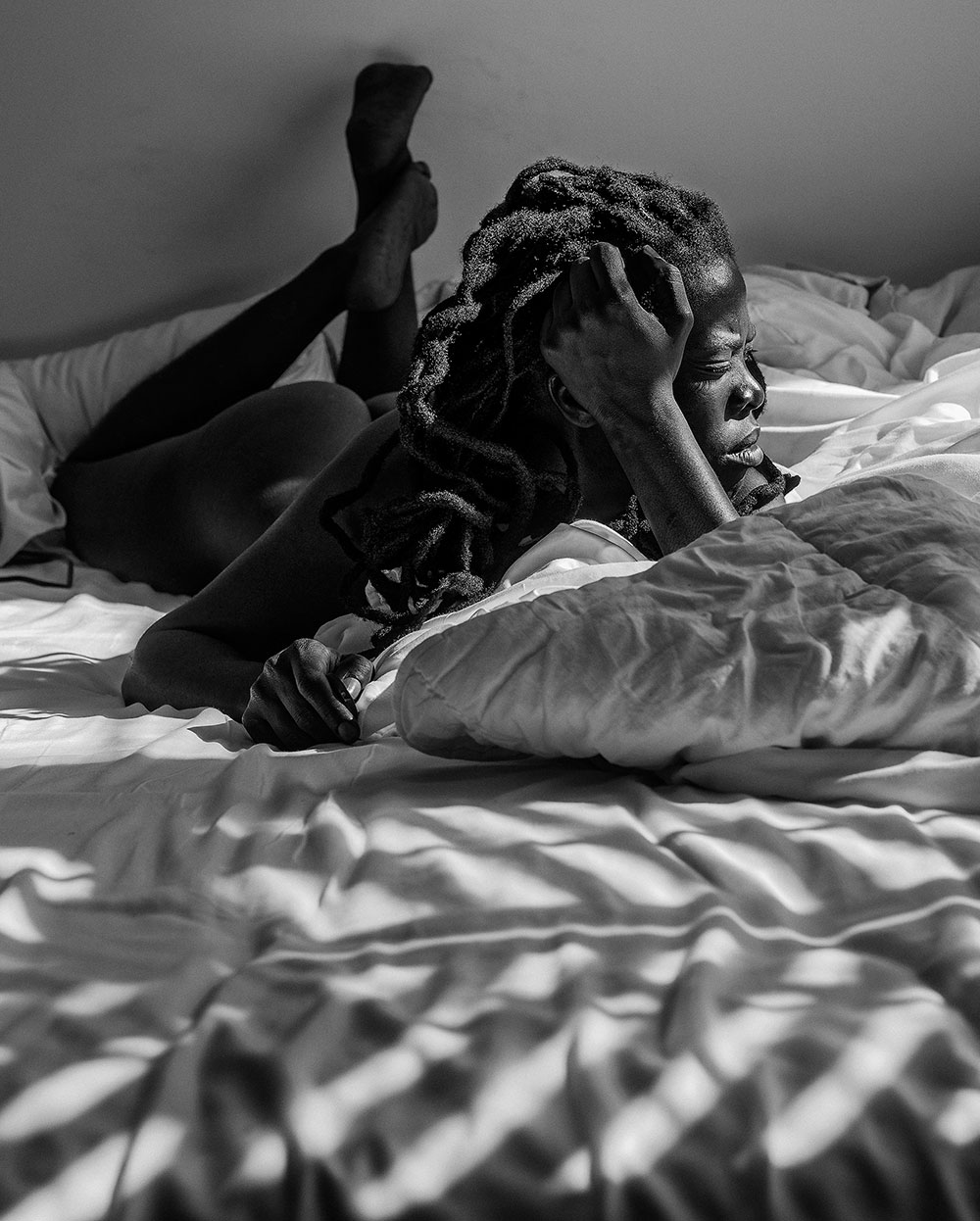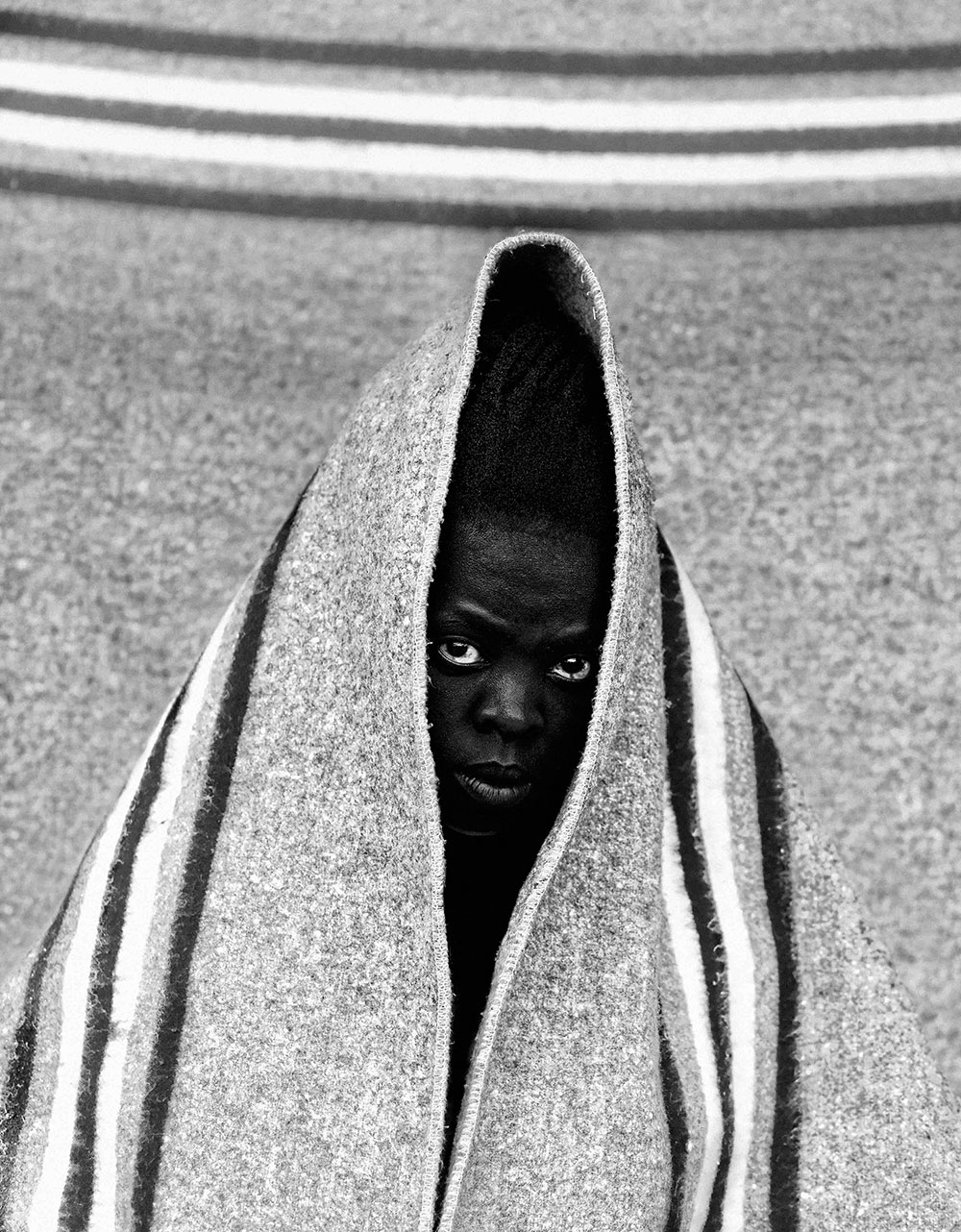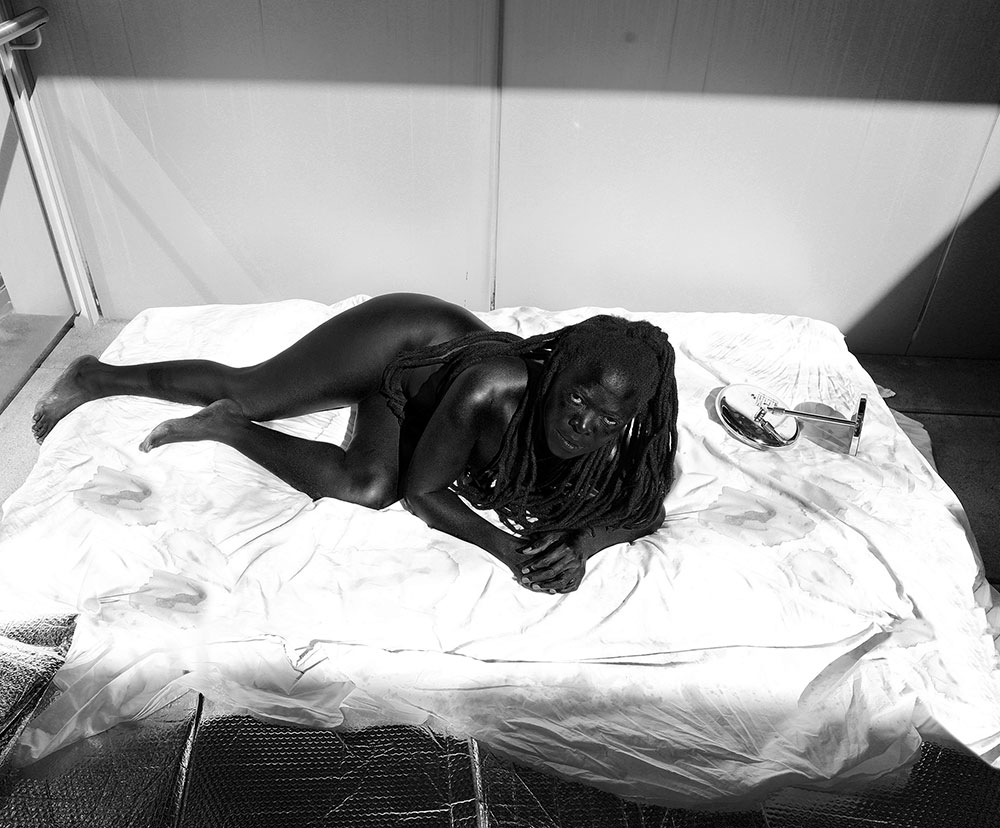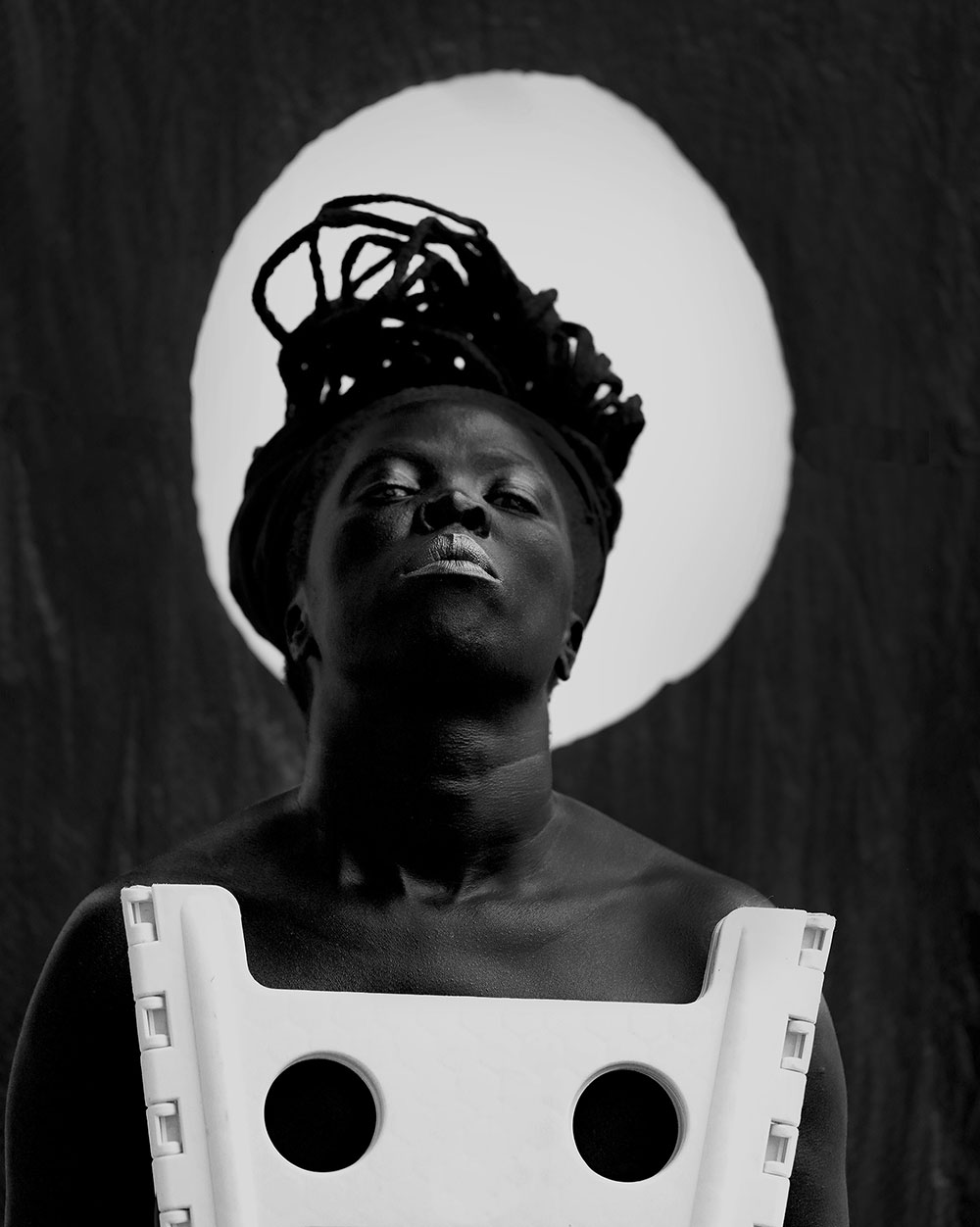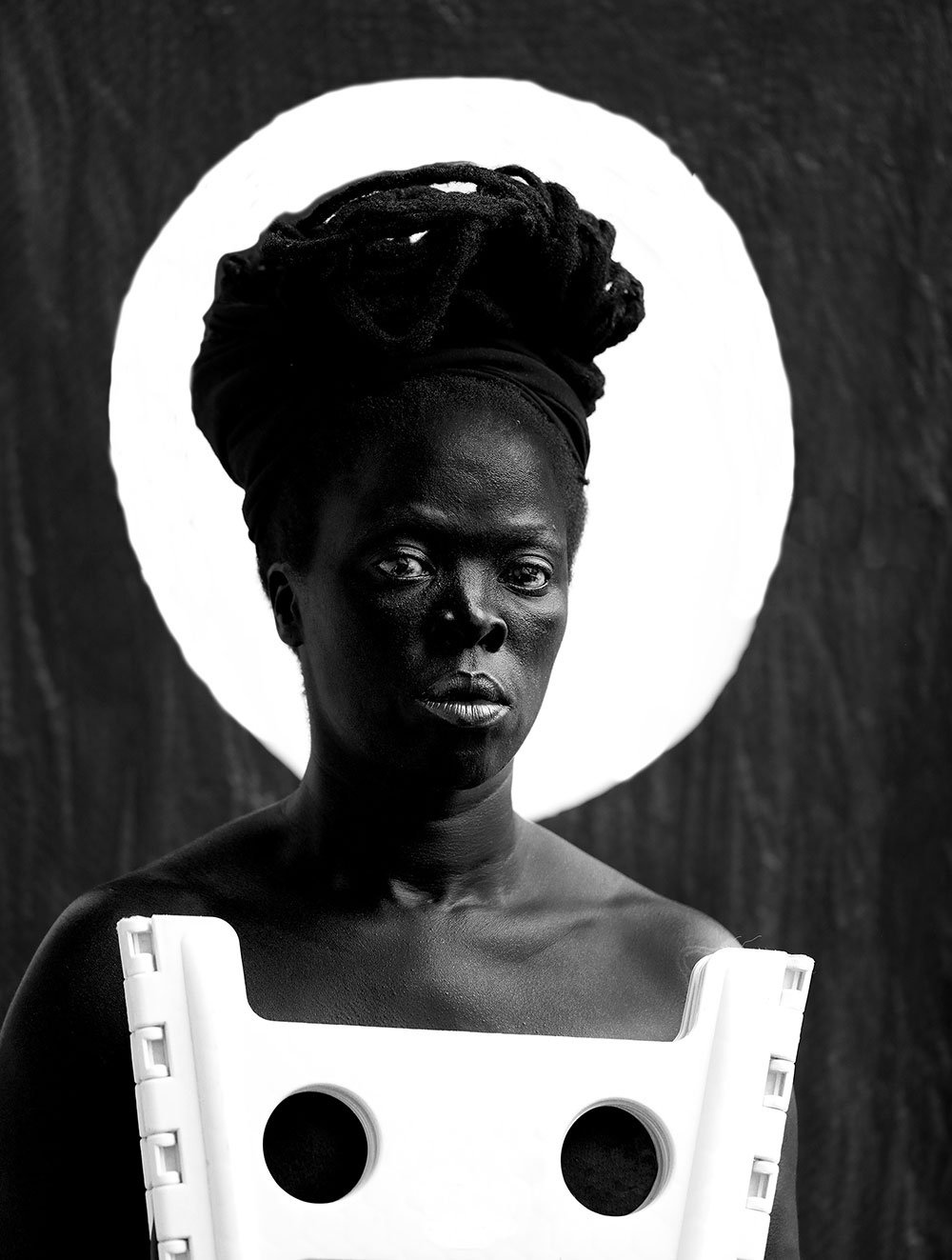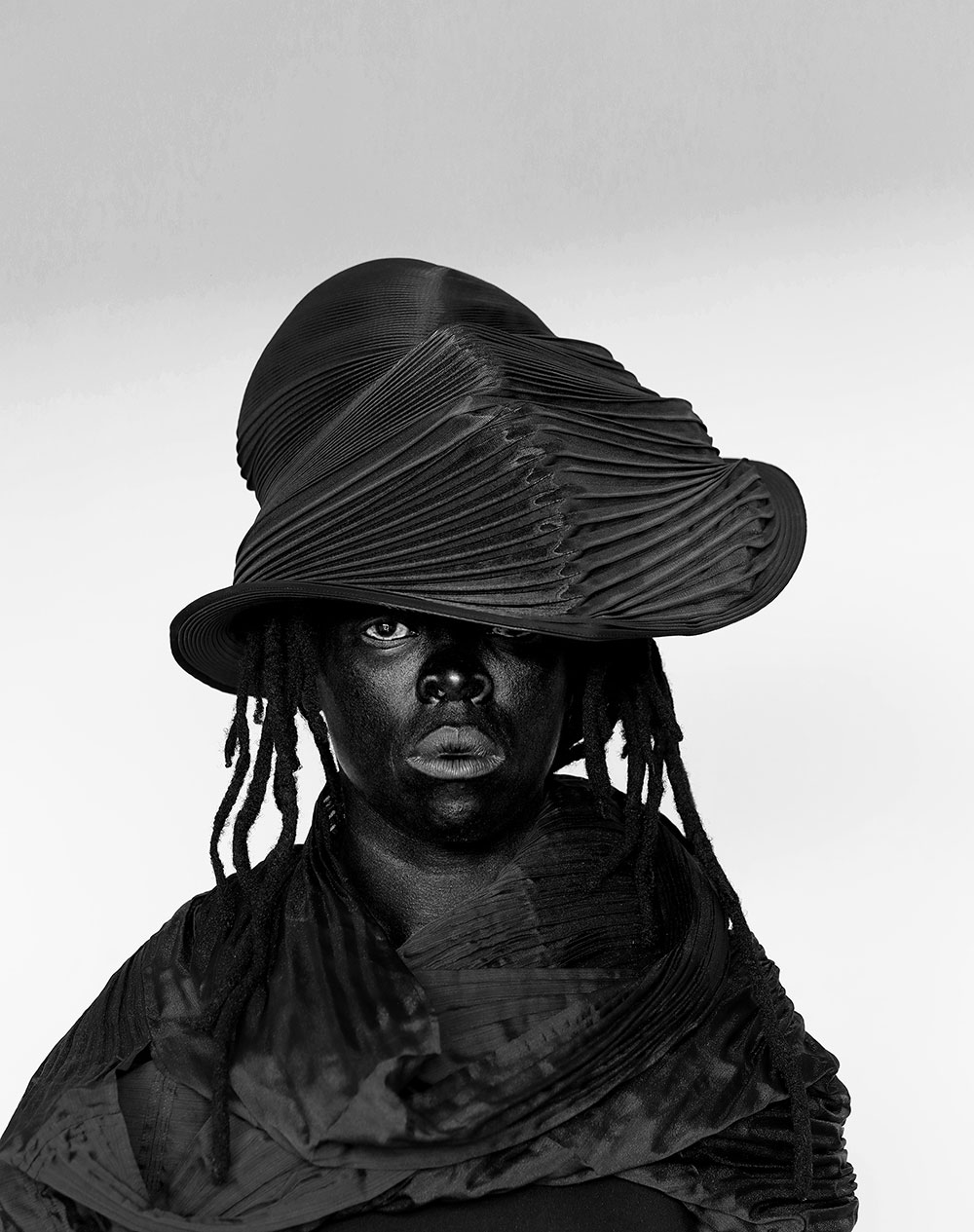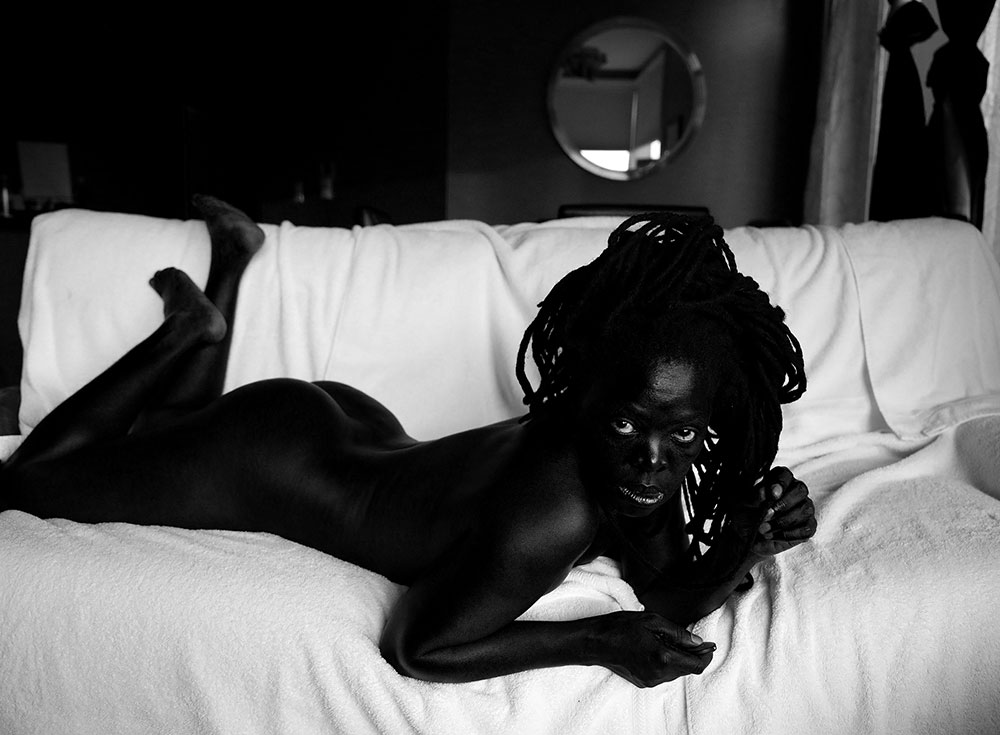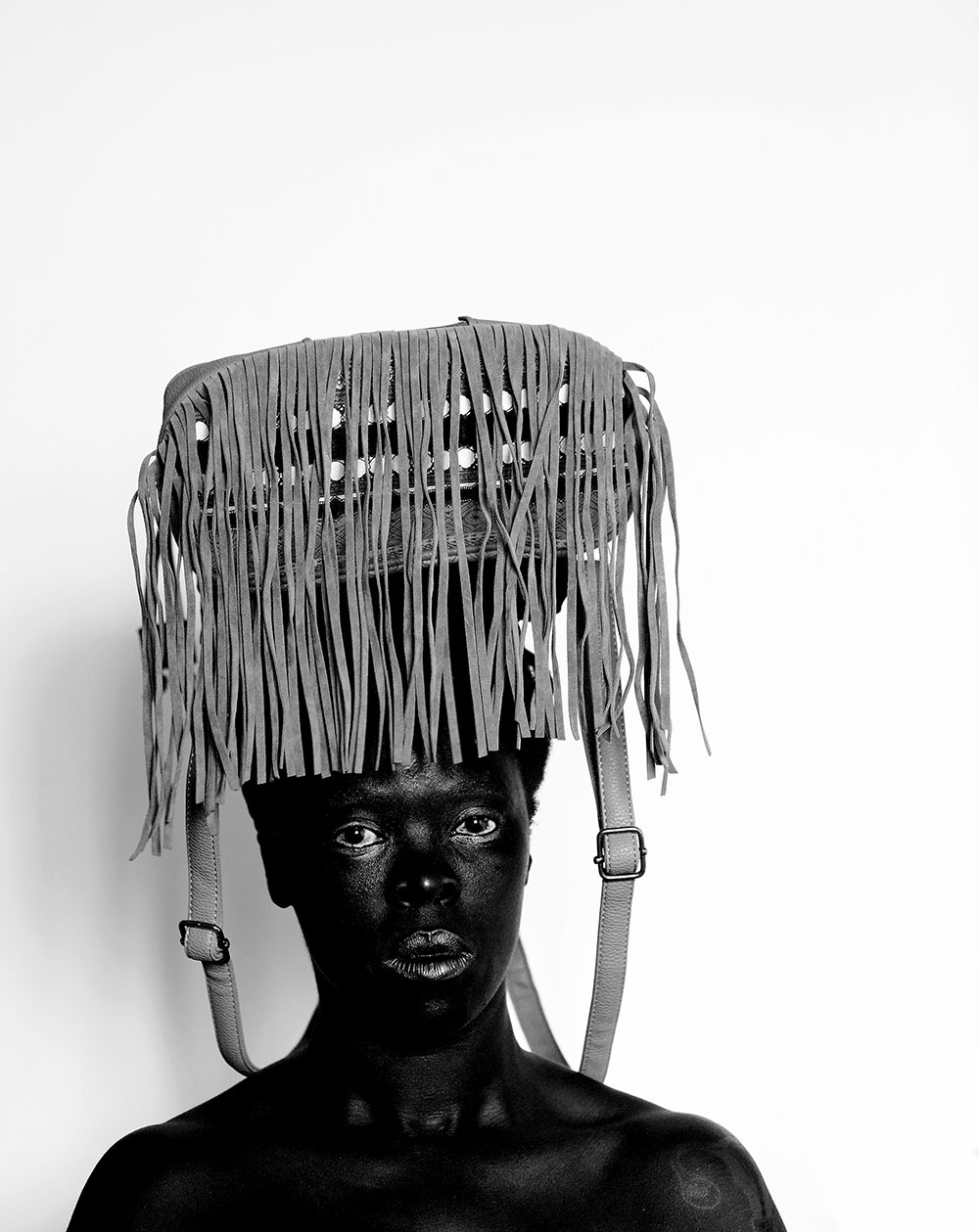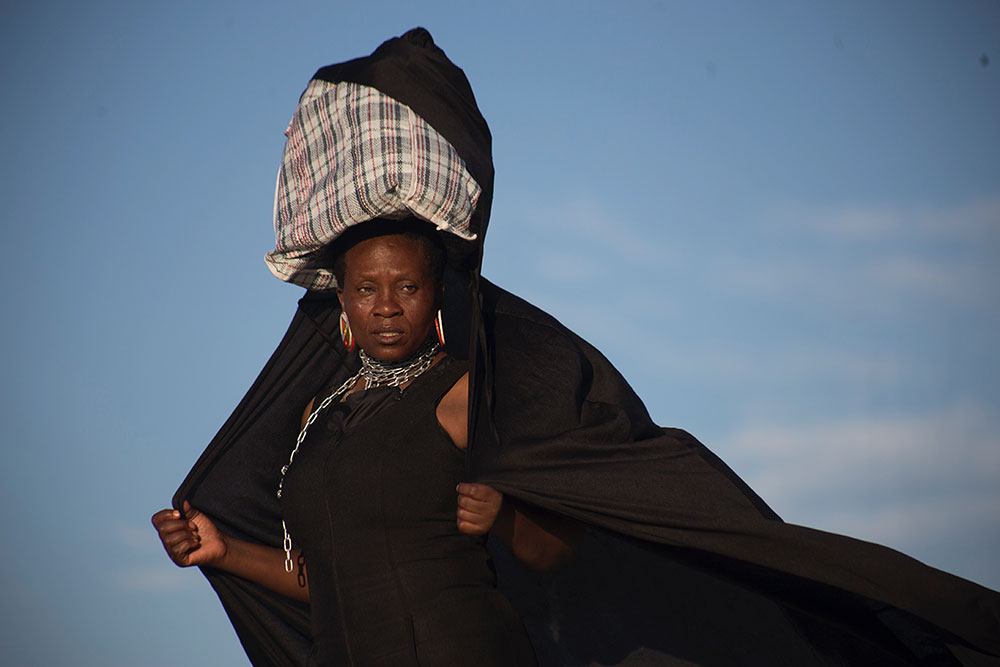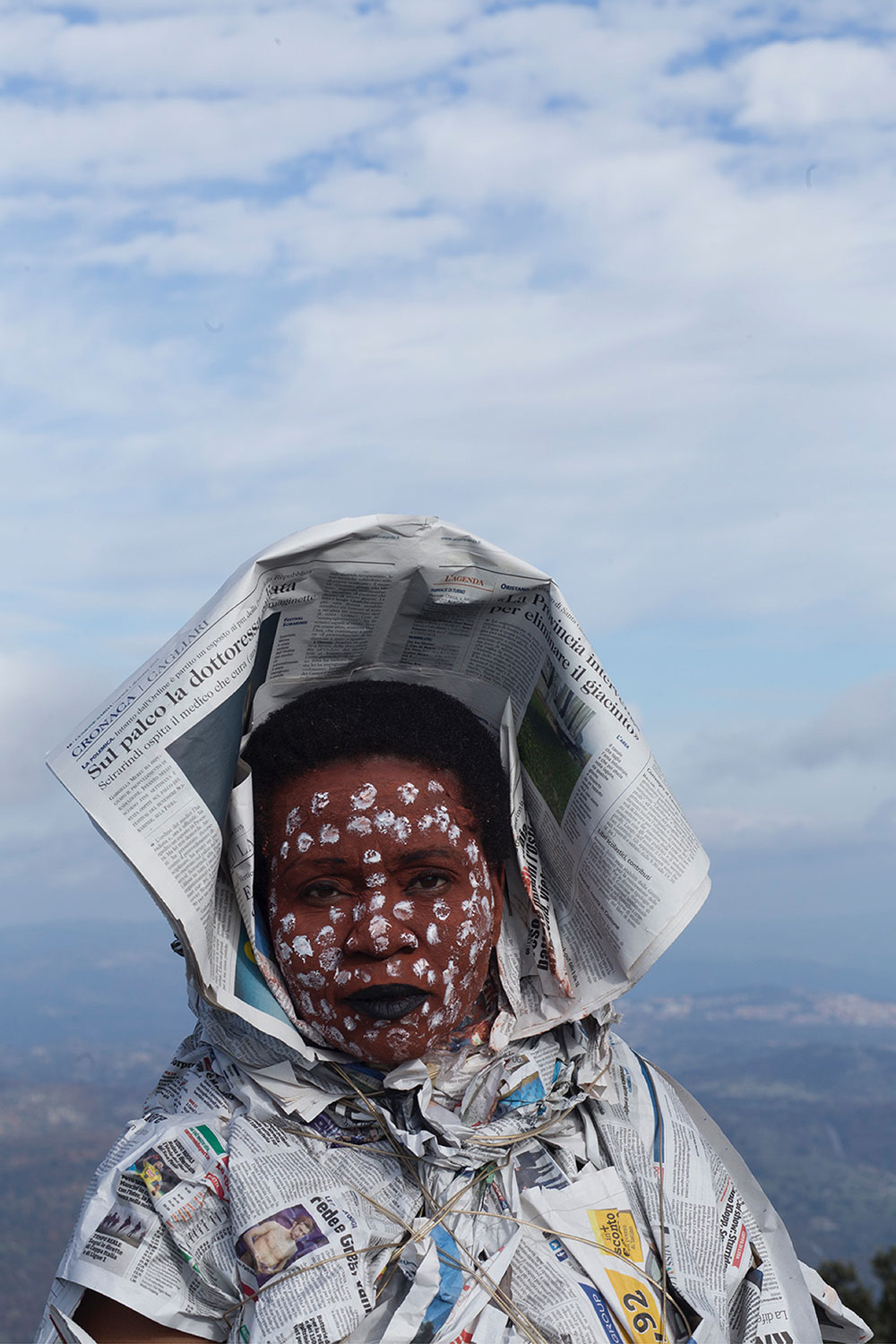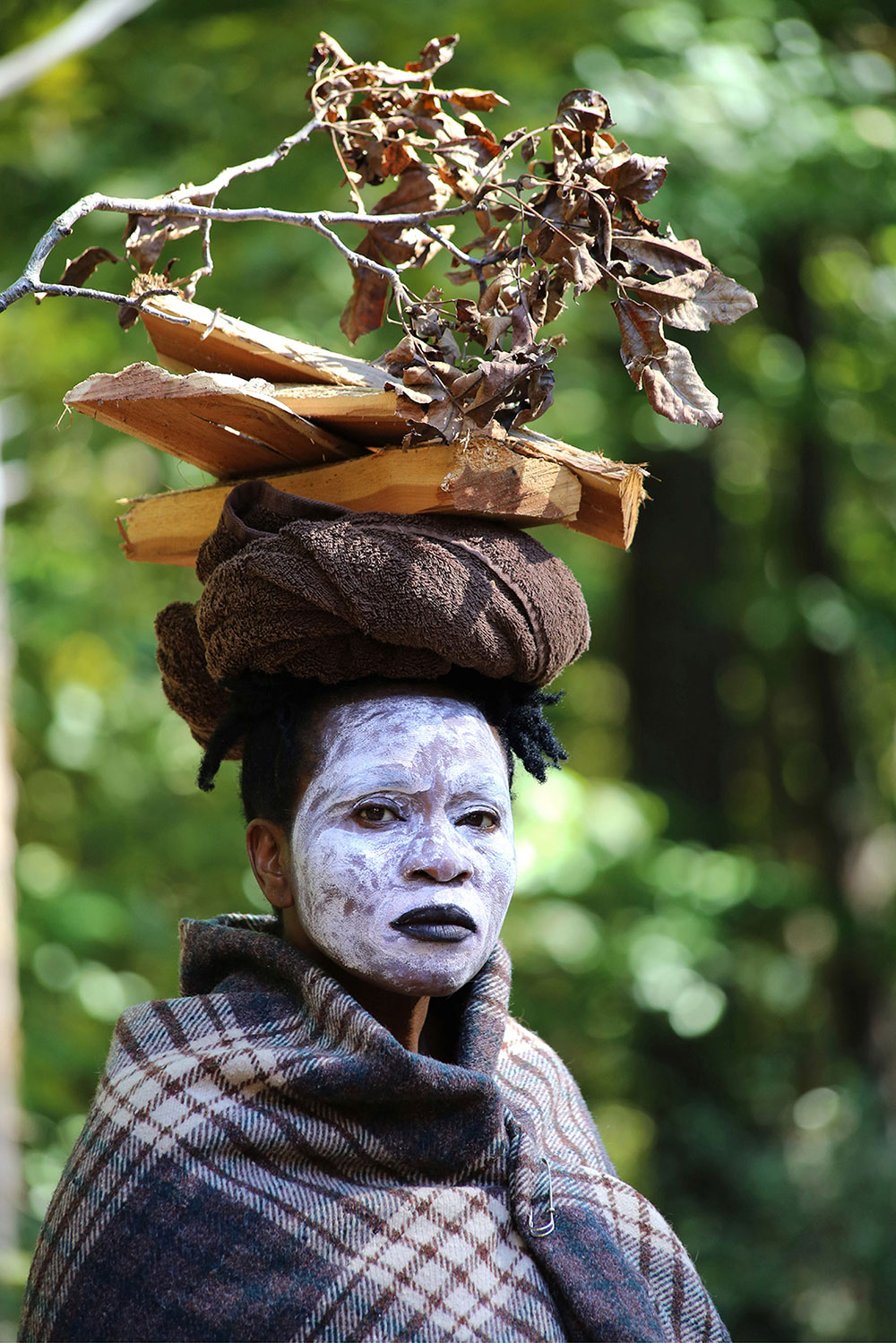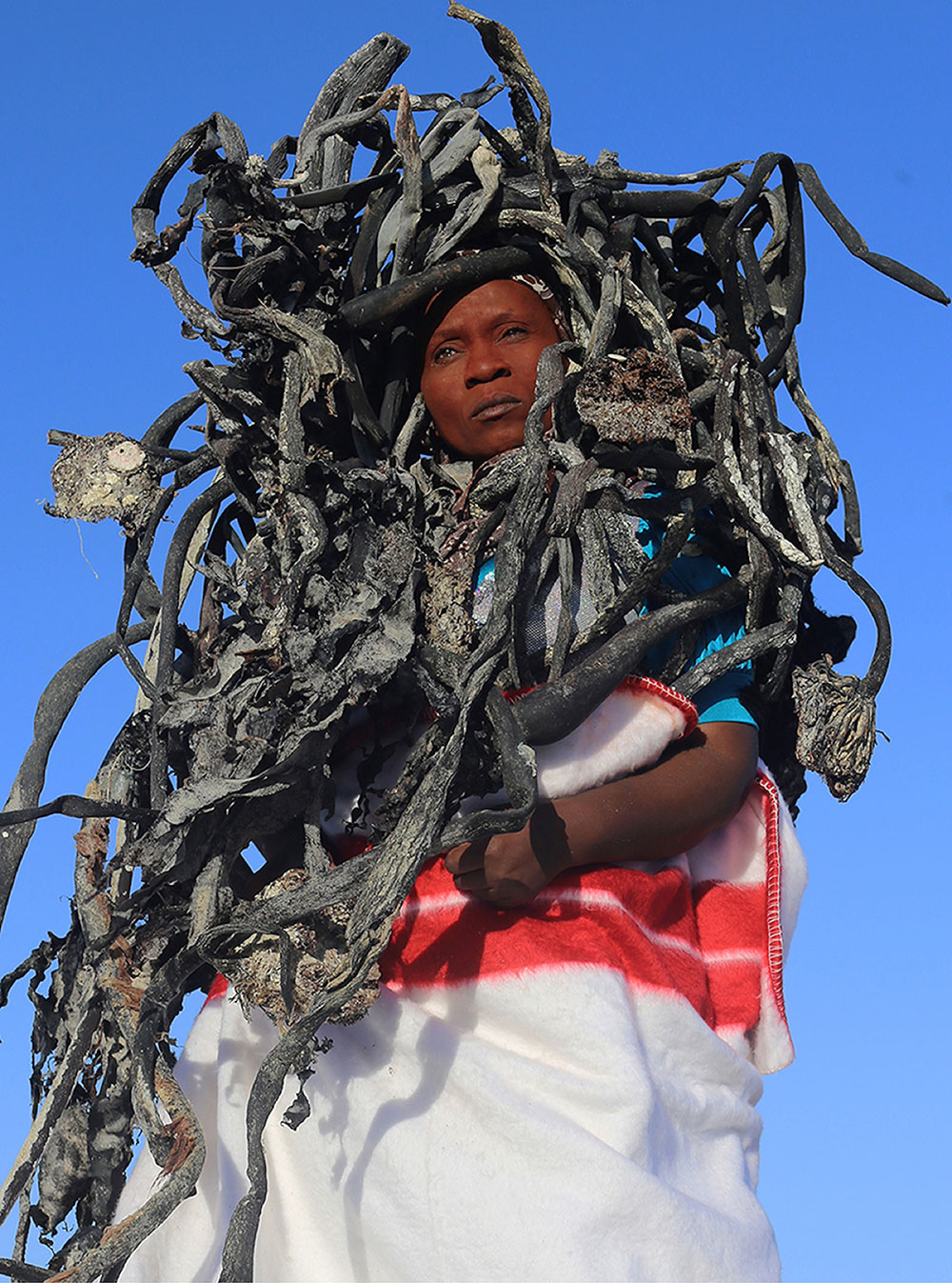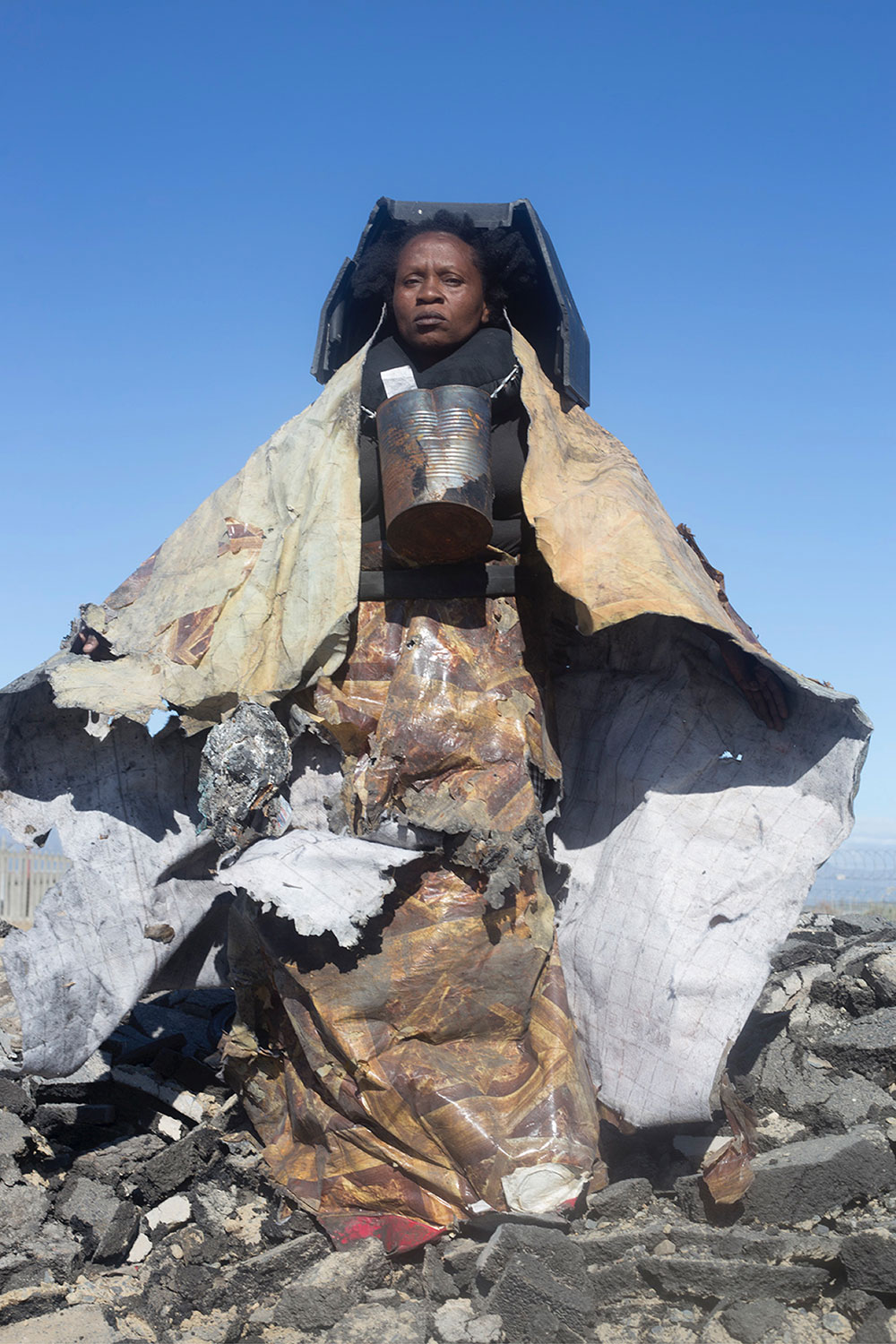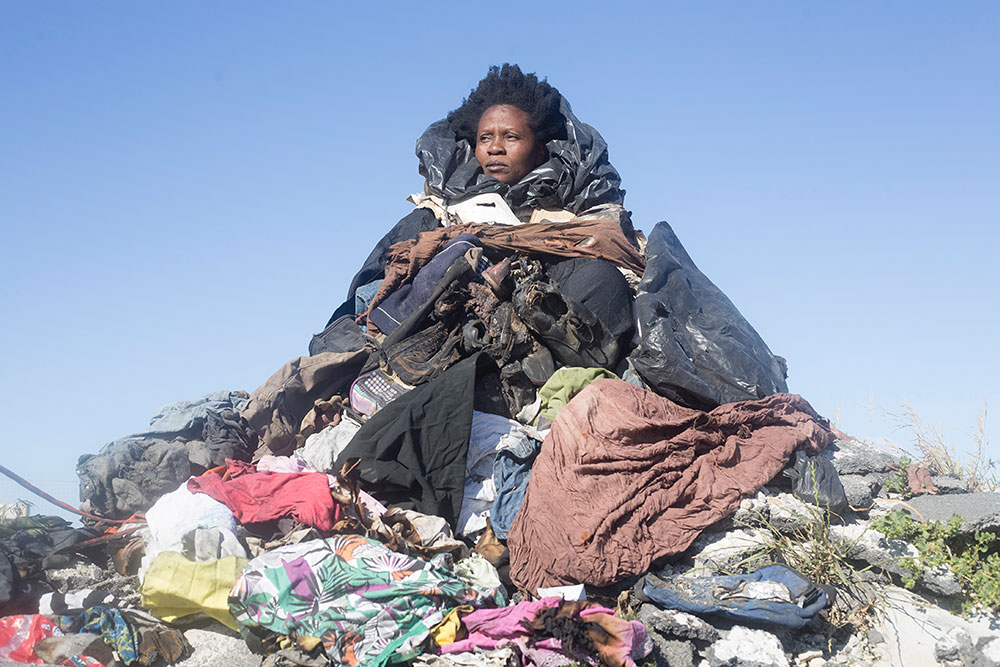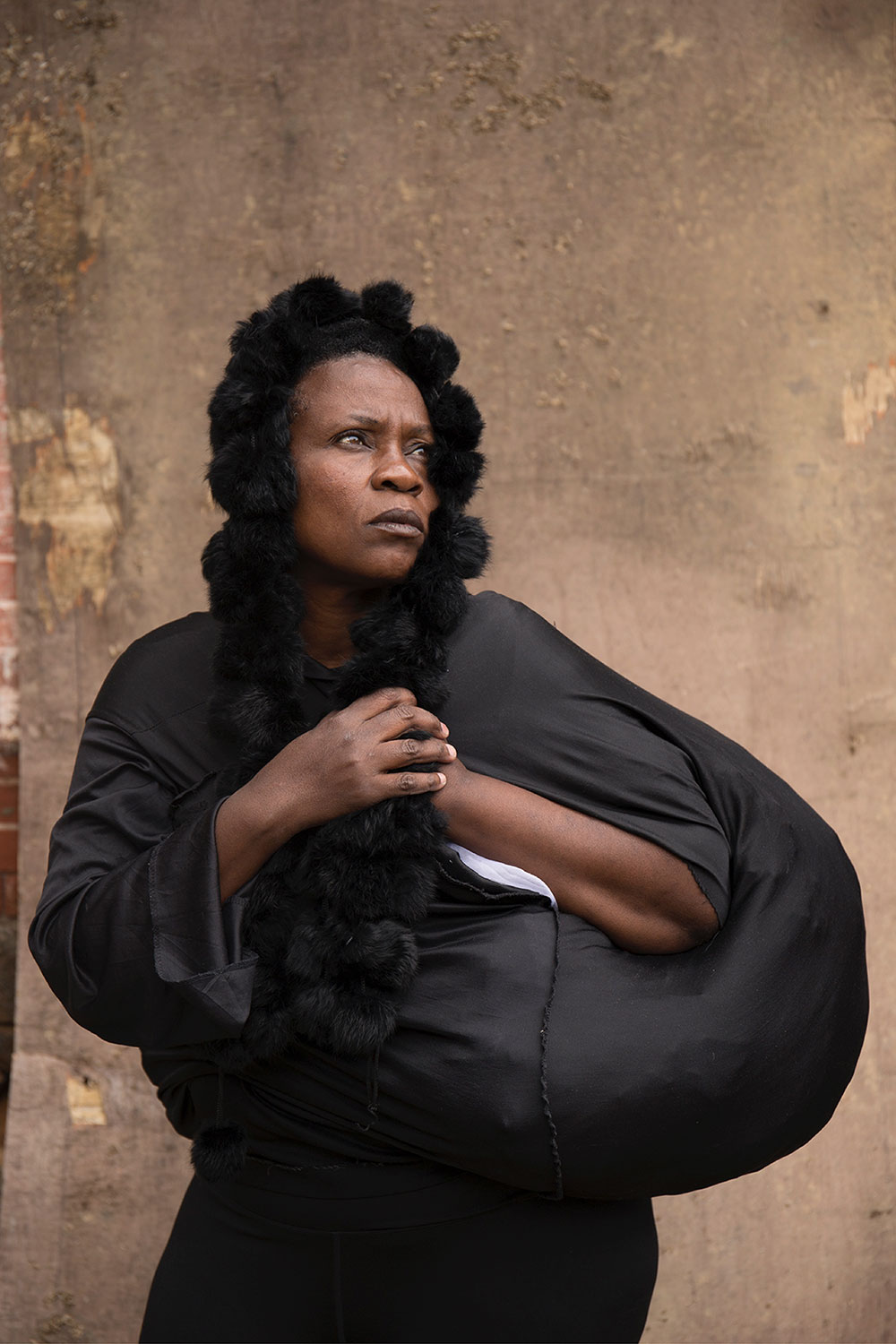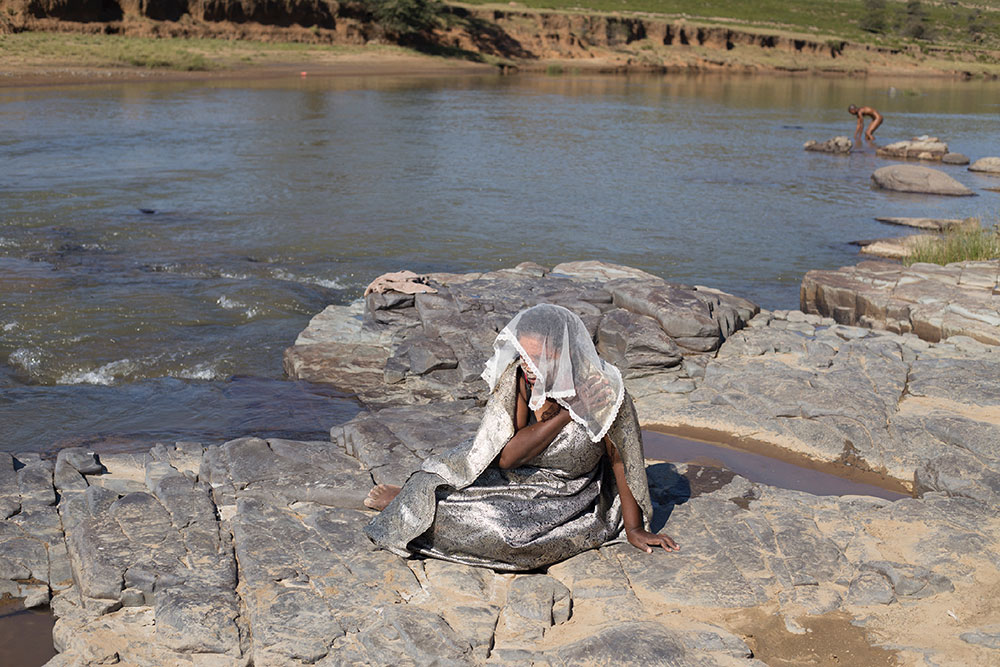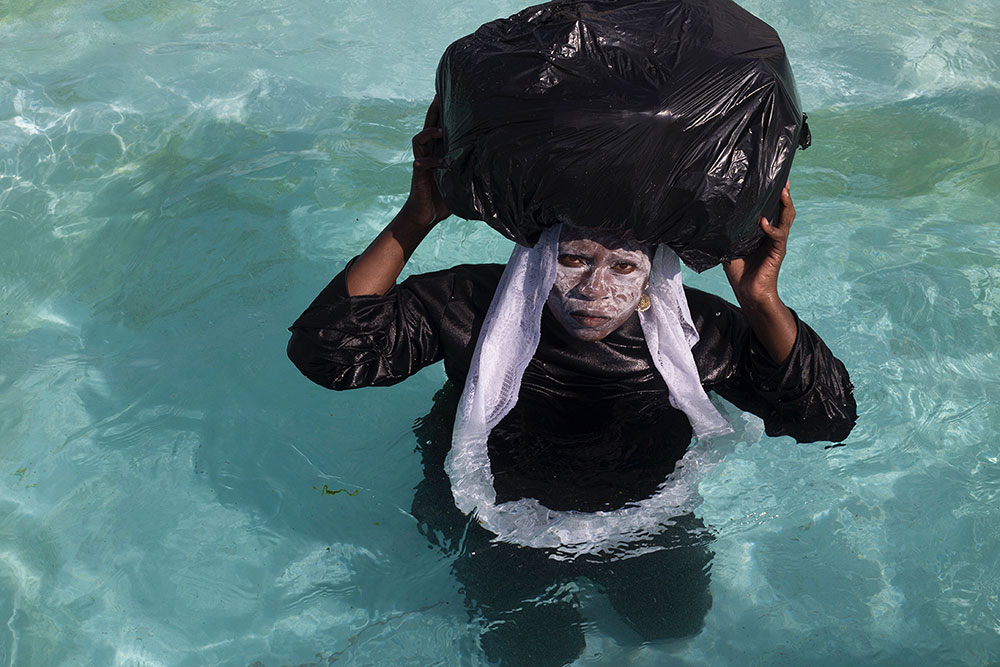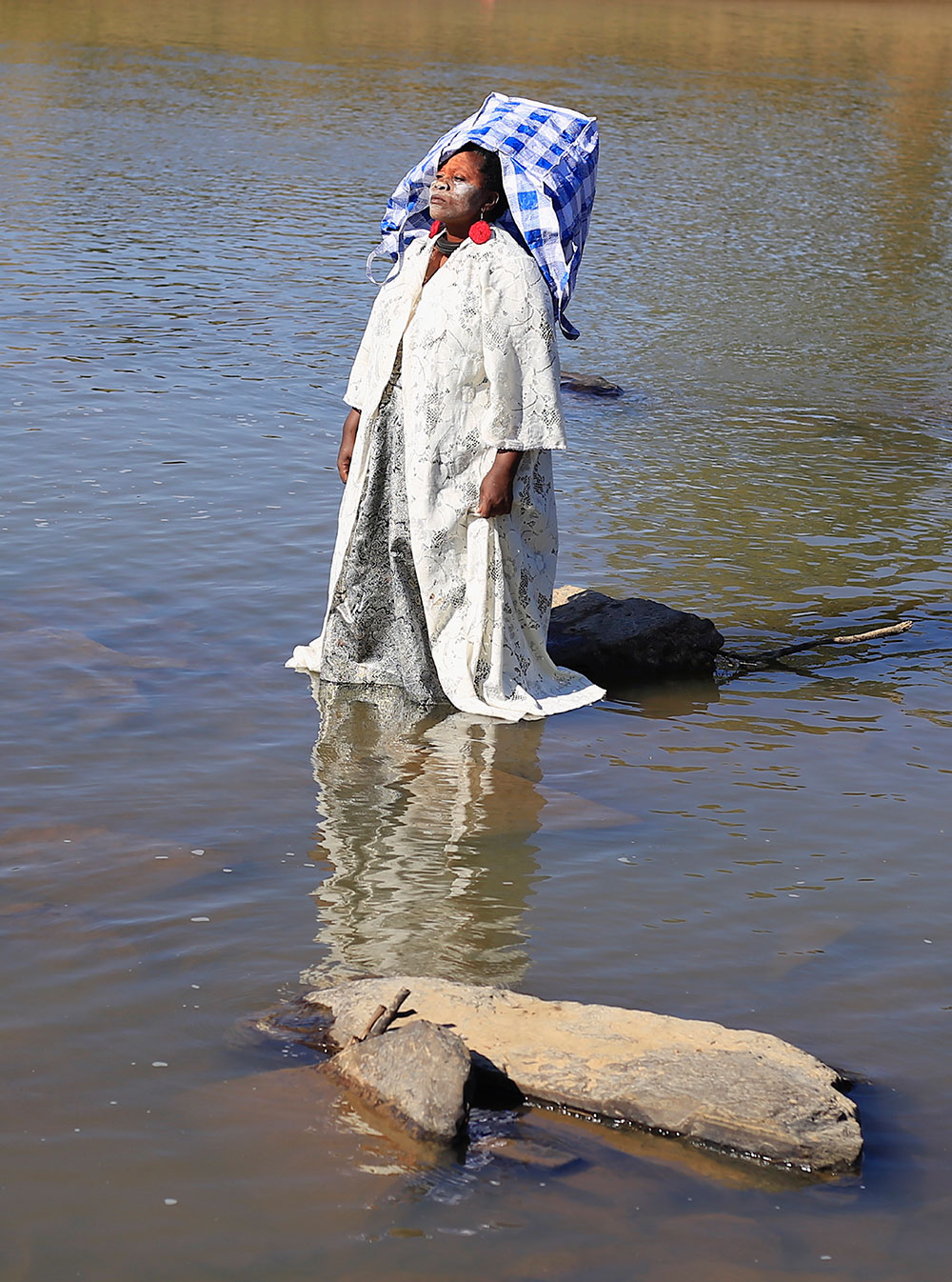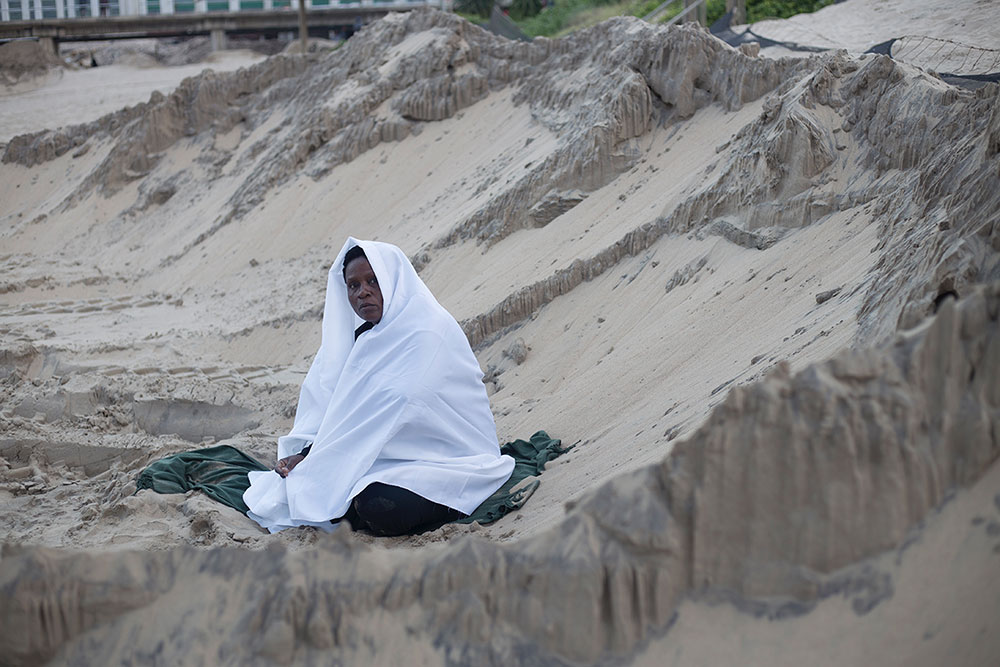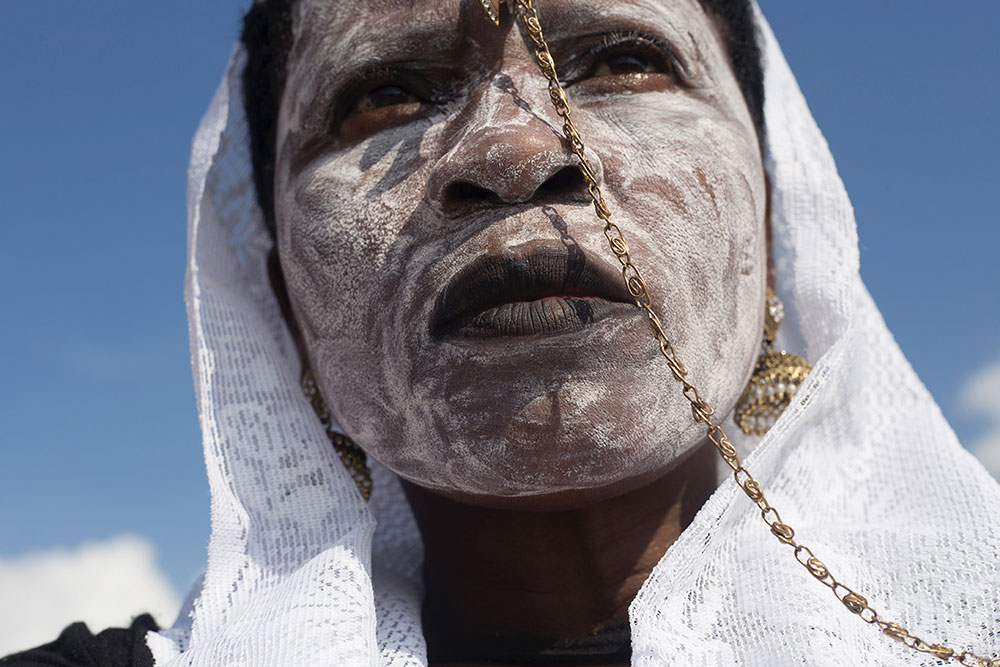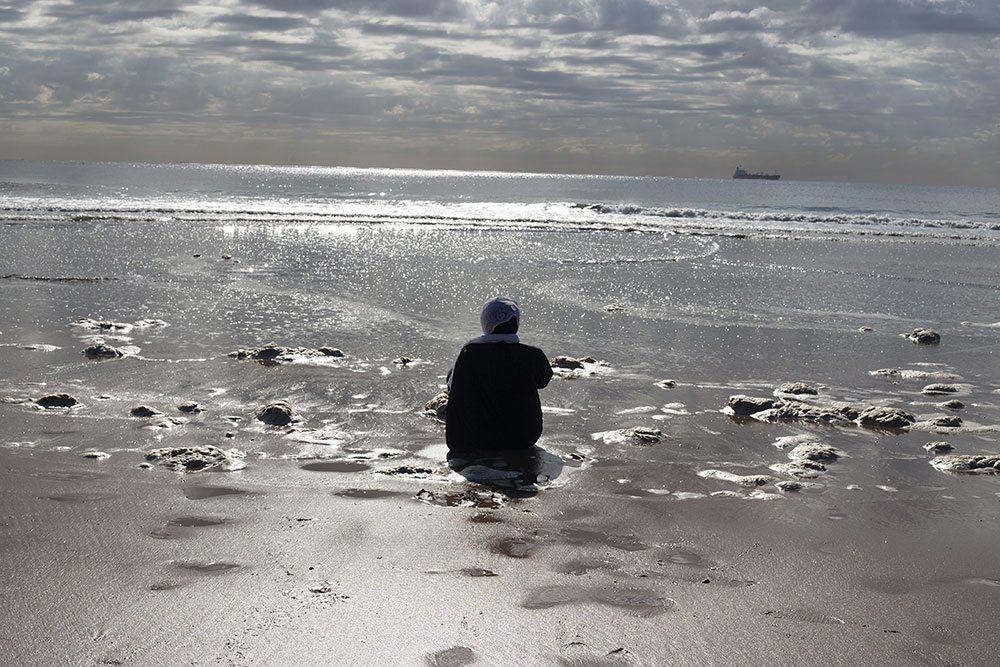Limise shows a selection of photographs by South African visual activist Zanele Muholi and photographer Lindeka Qampi. The exhibition pays homage to the 63rd anniversary of the iconic 1956 Women's March during Apartheid South Africa and runs from August 8 until September 7, 2019. The exhibition is guest-curated by compatriot Lerato Dumse who has collaborated with the duo since 2013.
Limise shows a series of iconic high-contrasted black-and-white self-portrait photographs by Prof. Zanele Muholi from the award winning "Somnyama Ngonyama" series and color self-portrait photographs by fellow long-time activist and ally Lindeka Qampi. The duo-exhibition comes at a crucial moment in both their careers as 2019 marks South Africa's 25th year of independence and the show highlights their long-standing contributions as human rights advocates and dedicated members of South Africa's photography community.
"Limise" is an Isixhosa word, meaning "to build." The two photographers' work side-by-side in Limise culminates in a timely and intimate appreciation of their contributions for more than a decade to the history of South Africa's photography and contemporary art. In their body of work, Muholi tackles issues of race and gender specifically: "My aim is to produce 365 self-portraits to represent each day of the year because I live as a black person 365 days in a year." Qampi's series touches on the universal topic of sexual violence. She too approaches the topic from an insider's perspective, exposing, confronting and rising above traumatic personal experiences from her childhood. She employs metaphorical re-enactments to raise awareness while administering healing for herself. In Limise, both photographers speak to and remember their relationships with their mothers, their community work and the power of telling stories through photography.
Since 2002, Prof. Muholi has been best known for advocacy work supporting the rights of LGBTQI communities in South Africa, training a younger generation of photographers and building an archive of testimonials for and with the LGBTQI community, using photography as a tool to document and tell their stories. As part of the "Somnyama Ngonyama" series, Muholi denounces social injustice and racism.
Qampi started doing photography in 2006 at Iliso Labantu ("the eye of the people"), a photographers collective, spending the first decade of her photography career focusing on daily township life. Lindeka Qampi's photography also developed from her human rights work, especially focusing on anti-xenophobia, anti-sexism and anti-homophobia. Qampi develops a series of color self-portraits that collectively tell an interconnected narrative. In Limise, both Muholi and Qampi develop on their past work taking portraits of friends and close associates and turn to face the lens.
